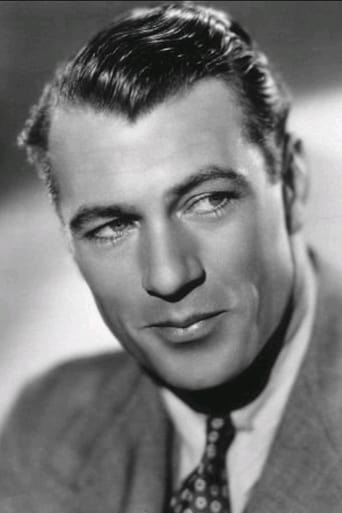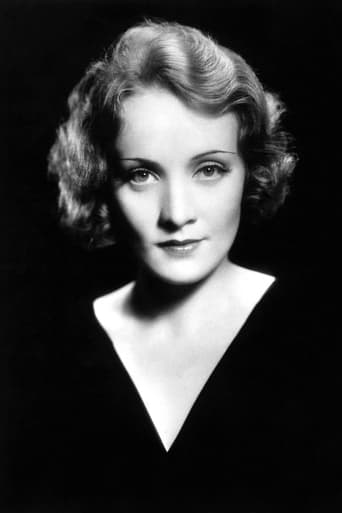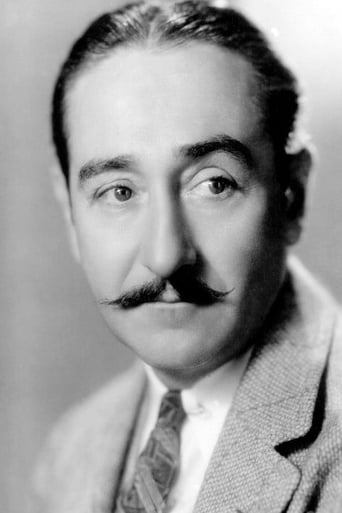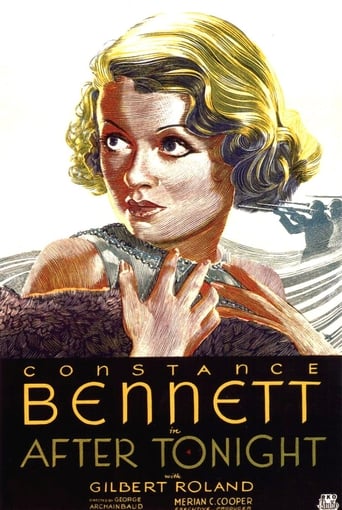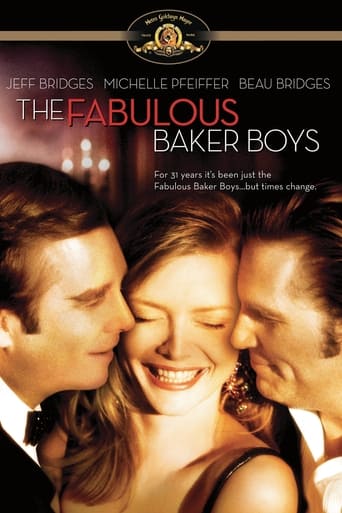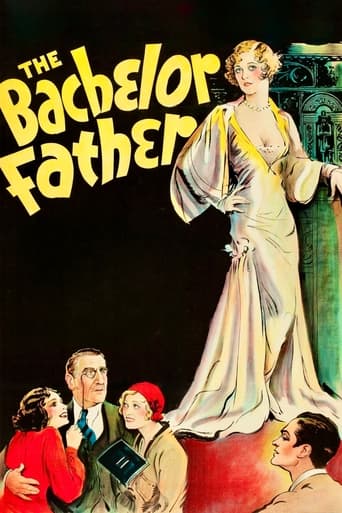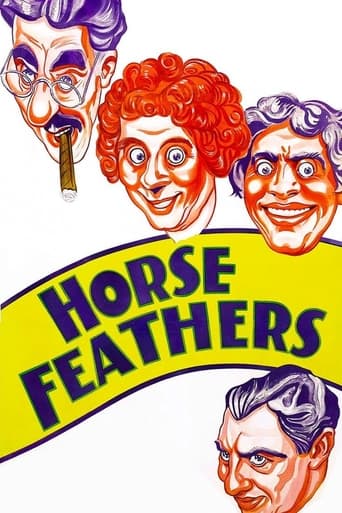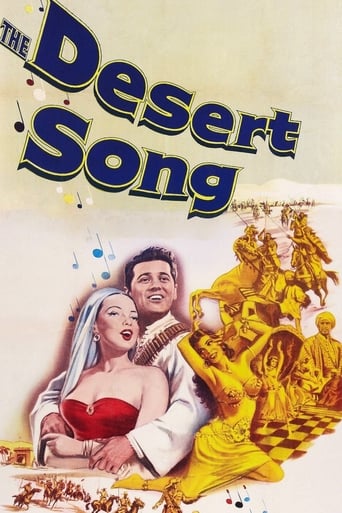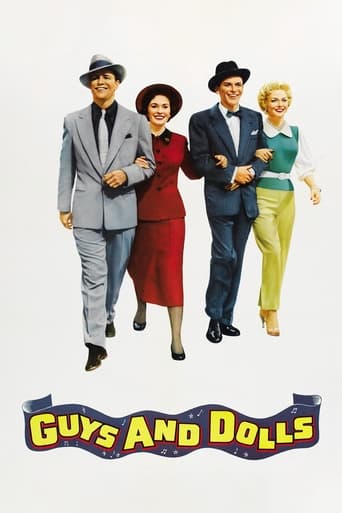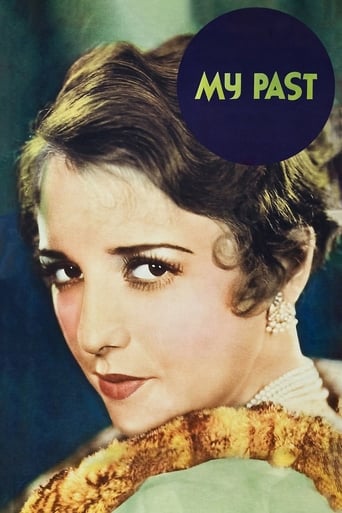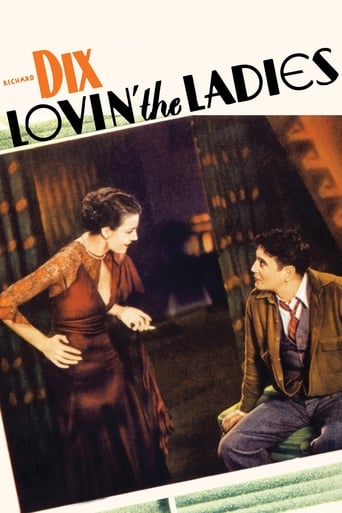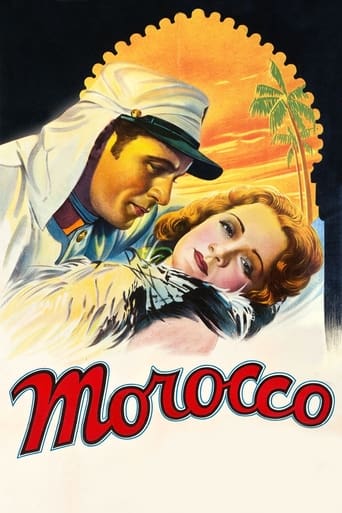
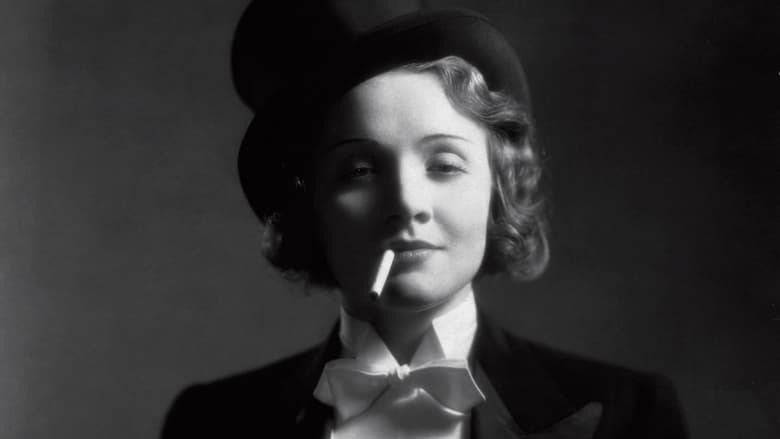
Morocco (1930)
The Foreign Legion marches in to Mogador with booze and women in mind just as singer Amy Jolly arrives from Paris to work at Lo Tinto's cabaret. That night, insouciant legionnaire Tom Brown catches her inimitably seductive, tuxedo-clad act. Both bruised by their past lives, the two edge cautiously into a no-strings relationship while being pursued by others. But Tom must leave on a perilous mission: is it too late for them?
Watch Trailer
Cast


Similar titles
Reviews
Morocco was Marlene Dietrich's American film debut and it was directed by Josef von Sternberg.Made before the time of the Hays Code. Dietrich's appearance in a cabaret wearing a suit and a top hat was an alluring image, so was her kiss to another woman. The film also has slight nudity of a desert woman.Dietrich was Oscar nominated as a sultry sexy cabaret performer who is desired by two men. Gary Cooper has joined the French foreign legion, running away from something he puts his life in danger fighting in the Moroccan desert.Adolphe Menjou is a suave wealthy suitor who truly loves Dietrich even if he believes underneath that he might lose her to Cooper.The film made in 1930 is rather creaky, slow moving and does not contain much of a story.
Copyright 5 December 1930 by Paramount. New York opening at the Rivoli: 14 November 1930. U.S. release: 6 December 1930. Sydney opening at the Prince Edward: 25 February 1931 (ran five weeks). 12 reels. 8,237 feet. 91 minutes. SYNOPSIS: Café singer falls for legionnaire.NOTES: Nominated for annual awards from The Academy of Motion Picture Arts and Sciences in the categories of Best Actress (Dietrich), Best Directing (von Sternberg), Best Cinematography (Garmes), and Best Art Direction (Dreier). Number six on the National Board of Review's list of the Best American Films of the Year. Paramount's top-grossing picture of 1931 in the U.S.A., Canada, and Australia. Dietrich's Hollywood debut, and one and only acting nomination from The Academy of Motion Picture Arts and Sciences.COMMENT: Few actresses made a more powerful Hollywood debut than Marlene Dietrich. The critics tossed rich superlatives her way, while the cinema public dug deep for hard-to-spare Depression coins. Morocco offered a timely escape from grim urban realities into a vivid yet vigorous world of cinema romance. It still does! As expected, von Sternberg never falters in his search for rich pictorial effects. From the stunningly beautiful sets of Menjou's home to the atmospherically lattice-worked shadows of the casbah, every frame if the film is almost breathtaking in its visual impact. The use of sound effects is also quite noteworthy. For most films, it's primarily the images (and of course the dialogue) that stays in the memory. But for Morooco, who cannot also recall all three of Marlene's huskily inviting songs (at least in the version I saw. I believe one of the songs was cut from domestic prints), the shouts of appreciation from the raucous audience at Paul Porcasi's café, and the blare of the legion's band as the soldiers march away. It all comes to a splendid climax too, with gripping images that are absolutely unforgettable. Cooper and Dietrich have a fascinating on-screen chemistry which was later cleverly exploited by Frank Borzage in Desire (for which Marlene was billed above Gary)! AVAILABLE on DVD through Universal in a Marlene Dietrich Glamour Collection box set. Quality rating: 9 out of ten.
desert. a cabaret actress. a legionnaire. the force of love who change everything. one of legendary films who remains memorable for the high science of Dietrich to explore , use and impose each detail who could define her character. a bitter show with provocative sexuality, seductive dialogues , Gary Cooper in a role who translates profound honesty of performance, landscapes who remains impressive, a simple convincing story who remains touching for the wise art of a great director to remind more than presents. a first step of Dietrich in a new circle. the support of director and partners. the courage to use taboo for a fascinating show. nothing spectacular. only precise in admirable manner.
There were two kinds of star in the early 30s. There were the down-to-earth, likable types such as Marie Dressler and Will Rogers, and then there were the exotic and seductive charmers. Among the women of the latter variety, the brightest were undoubtedly Greta Garbo and Marlene Dietrich. Between them they played a gallery of maneaters, heartbreakers and, more often than not, prostitutes.Here the similarities between the two end. A solitary recluse offscreen, Garbo was an impeccable actress who presented a kind of romantic expression of blazing passion. With Dietrich however there is no such glamorisation. She brings a naturalistic and knowing weariness to her performances, and an inner feistiness, in contrast with Garbo's melancholy ennui. Dietrich's heroines have tough lives, not tragic ones. In this, her second leading role, she solidifies her screen persona. When she does her stage performance, she is certainly alluring and captivating, but there is also something in her body language that says "This is just my job; this is not me". And that is essential for the story of Morocco, because it allows us to accept that a dancer in a sleazy nightclub will leap at the chance to run off with Gary Cooper.Speaking of Coop, he is cast somewhat against type here (not that his type was really firmly established yet at this point) and he almost pulls it off. His stance and mannerisms are spot on, and his relative youth at this point certainly helps, although his vocal delivery falters here and there. Perhaps it's only in retrospect, now that we all know him as the principled Mr Deeds, Sergeant York, Will Kane and dozens of other Honest Joes, that makes it hard to accept him as a fallen man of the foreign legion. Adolphe Menjou on the other hand is ticking the box he always ticked, playing the suave and wealthy playboy. Roles like La Bessiere were bread and butter to Menjou, but it's a shame that he seems a little bland in Morocco.The three stars are directed by the renowned Joseph "von" Sternberg. It's known that Sternberg did not work too closely with his cast, spending more time on the technical aspects of the shot, to the extent that the actors were treated almost as part of the set (the exception being Dietrich, whom he always allows to stand out). But besides Marlene, the director's focus is all on lighting patterns, rhythms of movement, foreground business and so forth. His efforts here do at least pay off. As Dietrich and Cooper eye each other up in the nightclub, they are themselves very still, and their stillness is emphasised by lots of background movement from clouds of smoke or flapping fans. At the beginning of that scene, there is often some kind of barrier – a table or a railing – between the camera and the players, making us feel like voyeurs rather than participants, and making the eventual close-ups of Marlene seem all the more intense. Unfortunately the tendency to hang back sometimes makes dialogue scenes a little awkward, as it seems very unnatural to hear conversations when we are further away from the speakers. This was quite a common mistake in early talkies.So Sternberg was, if nothing else, a great image maker. But did he create the image of Marlene Dietrich, as he often claimed? I believe Marlene was more in control of her persona than Sternberg would have liked to admit, and that she was more his muse than his puppet. It is clear that she has put much of her own experience and knowledge into the character of Amy Jolly, and all a smitten Sternberg can do is follow her with his camera.


